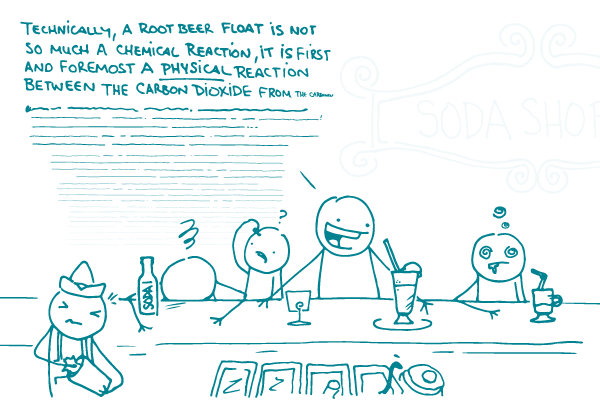
For our first edition of We ❤ Health Literacy, we thought it would be fun to do a little experiment. Consider the following introductions:
Intro A
The writing team frequently discusses strategies to effectively facilitate the composition of content that readers will find engaging and attractive. In their work, they have found that consumers of materials containing health-related information respond more positively to content that is written in an informal, conversational tone — as opposed to content expressed utilizing a more formal, academic approach.
Tired yet? Now, be honest: Would you ever say any of this out loud? Do you routinely speak about yourself in the third person? (Doing it to be funny doesn’t count.)
Intro B
We talk a lot about how to create materials that our readers will actually want to read. Again and again, we’ve found that people respond better to content written in the same way we’d talk to them. No one wants health information that reads like an encyclopedia.
Isn’t that better?
When you write health information — particularly when you’re writing for behavior change — be conversational. Think about how you’d communicate to someone sitting right in front of you:
- Use second-person pronouns (like “you”) to personalize content
- Use contractions (like “can’t” or “doesn’t”) because that’s how we talk
- Use colloquial terms when those are the words that your readers are comfortable and familiar with
And yes, that sentence ended with a preposition. Technically correct? Perhaps not. But again, dear reader, we’d ask you this: Would you normally say, “Those are the words with which readers are comfortable and familiar”?
The bottom line: Write how you speak. Your readers will thank you.
Browse recent posts